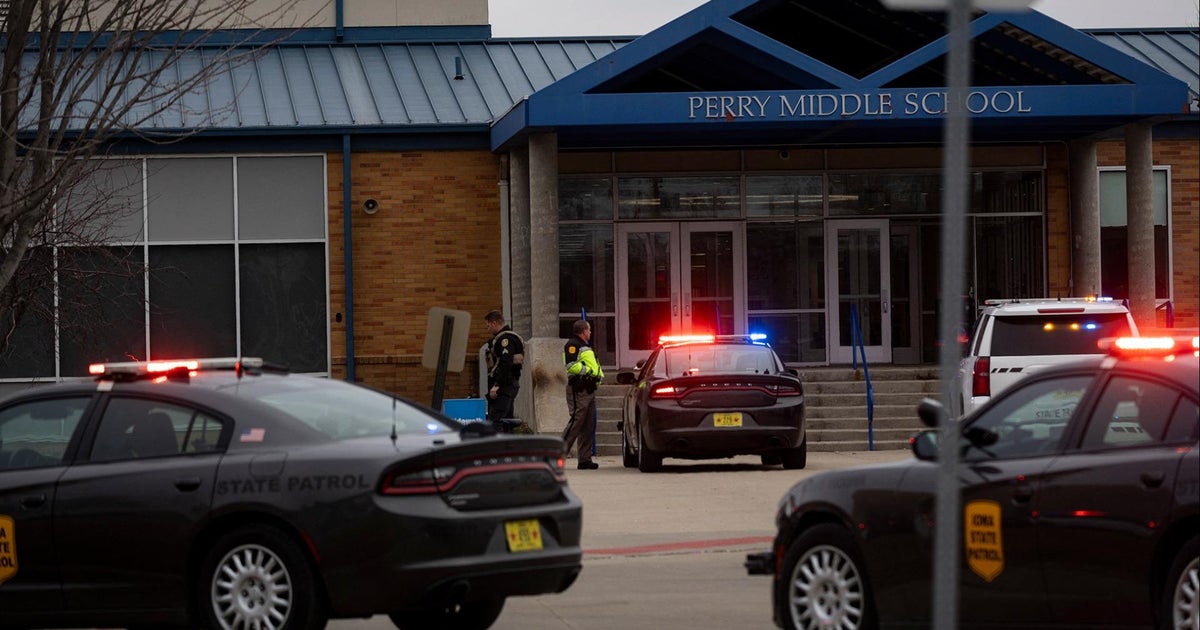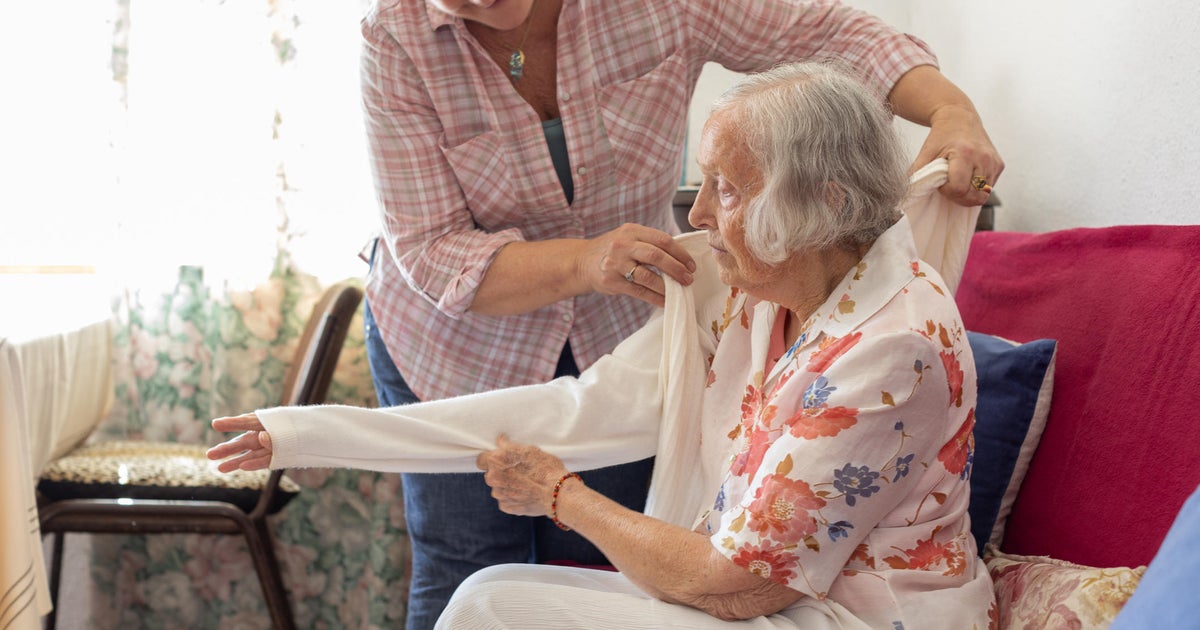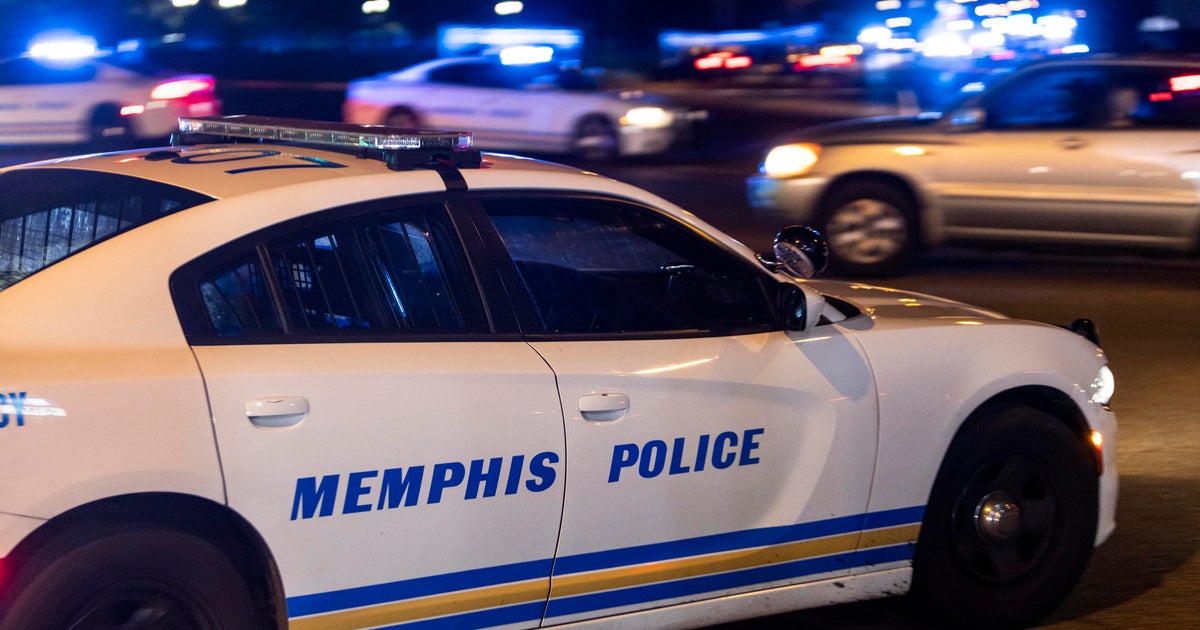Seizures may be cause of sudden unexplained death in children, study using video analysis finds
Seizures during sleep may be responsible for some sudden deaths in young children, according to researchers from NYU Langone Health who used home monitoring video donated by families of seven toddlers who died to analyze what may have caused it.
Sudden unexplained death in childhood, or SUDC, is estimated to claim over 400 lives a year in the U.S., mostly during sleep. Just over half of those cases, about 250 deaths a year, are in 1- to 4-year-olds.
The findings, published in the journal Neurology Thursday, show five of the seven toddlers died shortly after movements that a team of specialists deemed to be a brief seizure. The seizures lasted less than 60 seconds and occurred within 30 minutes prior to each child's death, the authors report.
The two remaining recordings weren't nonstop like the other five and instead were triggered by sound or motion, turning on and off. One suggested muscle convulsion, a sign of seizure.
"Our study, although small, offers the first direct evidence that seizures may be responsible for some sudden deaths in children, which are usually unwitnessed during sleep," study lead investigator Laura Gould, a research assistant professor at NYU Langone, said in a news release.
Dr. Orrin Devinsky, study senior investigator and neurologist, added that the findings show seizures are "much more common than patients' medical histories suggest."
"Further research is needed to determine if seizures are frequent occurrences in sleep-related deaths in toddlers, and potentially in infants, older children, and adults," he said.
Is there anything parents can do to prevent this?
CBS News chief medical correspondent Dr. Jon LaPook, who also works at NYU Langone but was not involved in the study, said there are no obvious warning signs — but parents can be aware of febrile seizures, or a convulsion caused by a fever.
"One little clue is there is an increased risk of febrile seizures — that's the seizures associated with fever in children — who then go on to have this unexplained death between the ages of 1 and 4," he said on "CBS Mornings."
"Now, it's very important to say... 3% of children have febrile seizures, and the vast majority, Dr. Devinsky just told me, go on to do perfectly well. So put this in perspective."
One toddler in the study had a documented history of febrile seizures, but all the children revealed no definitive cause of death after undergoing an autopsy.
"Of course parents are concerned," LaPook said, but he emphasized these cases are "very rare."
Gould told the Associated Press she doesn't want families to be scared by the new findings either. She said she hopes future research can help determine the difference between the rare cases that result in death and kids who are fine after an occasional seizure.
"If we can figure out the children at risk, maybe we can change their outcome," she told the news agency.
for more features.



